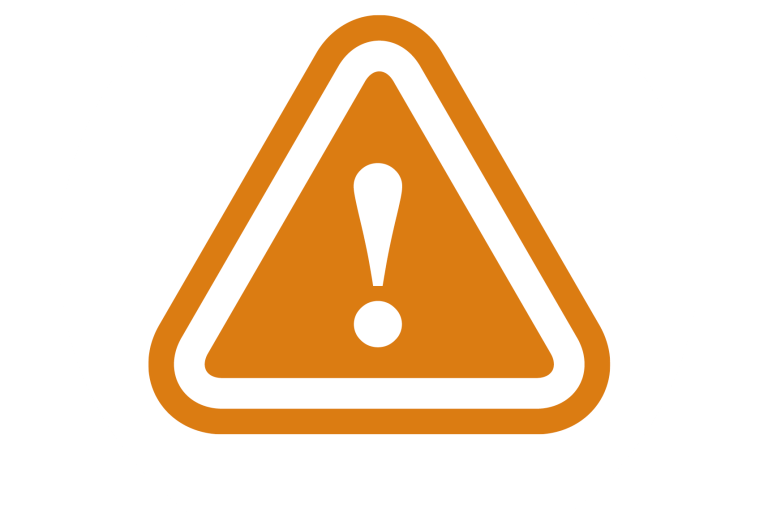Impacts of emergencies
Different emergencies have similar effect on daily life and its infrastructure. A flood or a power cut can mean communications don’t work, for example.
We assess impacts emergencies might have, and how often they might happen. This helps us prioritise how we plan for these events.
Below, we set out how emergencies can affect us all, and how you can plan for them.

Communication losses
Some emergencies cut power, and we lose mobile phone, landline, and broadband connections. This can mean emergency services on 999 may not be available. Agencies may not be able to communicate, reducing their ability to respond.
What you can do:
- have a back-up power supply to power your communications such as your phone and router
- a battery or wind-up radio can help you keep updated during a power cut
- consider developing a community plan to help each other. You might have a place the community would meet in a crisis
Impact on the Emergency Services
Lots of incidents can disrupt how well the emergency services delivers their response. This might be a loss of power, communications, and cyber incidents.
What you can do:
- remember that the emergency services have emergency numbers and non-emergency numbers. Use the right one for the situation
Disruption to Health Services
Emergencies can affect how well local healthcare and community services can deliver. For example, Covid-19 had a huge impact on healthcare services.
What you can do:
Financial Services Disruption
In some incidents, you may not be able to use your normal banking services. Automatic transfers, card transactions, and cash withdrawals may not work. Power cuts and communication losses can make them unavailable.
What you can do:
Food Supply Interruption
Extreme weather, transport problems, and conflict are some of the risks to food supply.
What you can do:
- keep an emergency supply of non-perishable food at home. This should be food that you don’t need to cook. You should also have enough for your pets
Impact on the Environment
Cumbria’s sensitive land and coastal areas need careful hazard planning.
Clean up operations can be lengthy, and damage can be long term. Major flooding, causes heavy damage, and may leave hazards such as sewage behind.
What you can do:
- be familiar with your local area, so you can report any worrying changes or issues as they happen
- learn how to report environmental concerns on GOV.UK or call 0800 807 060
